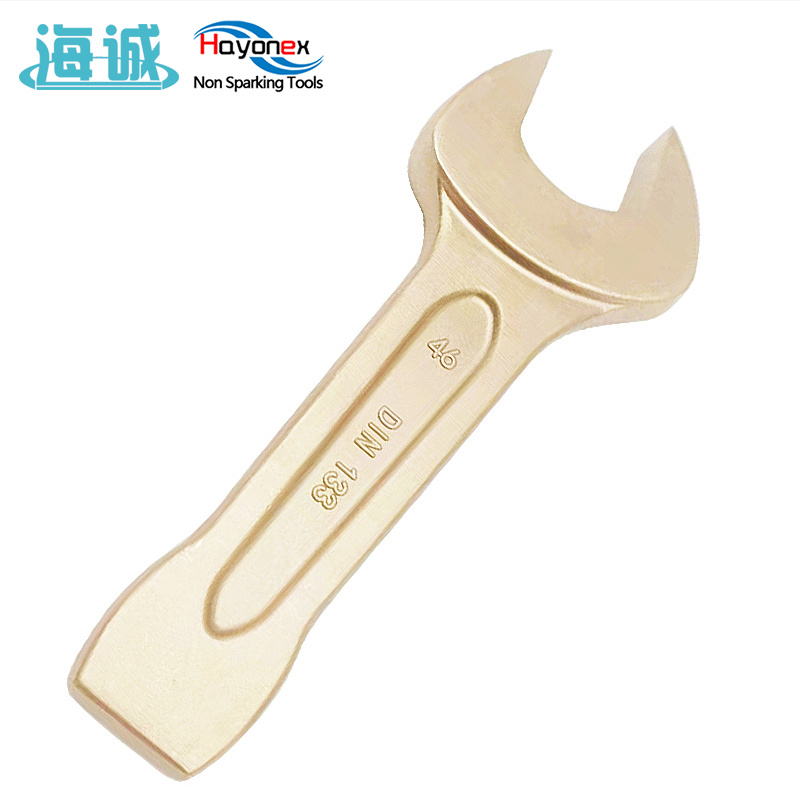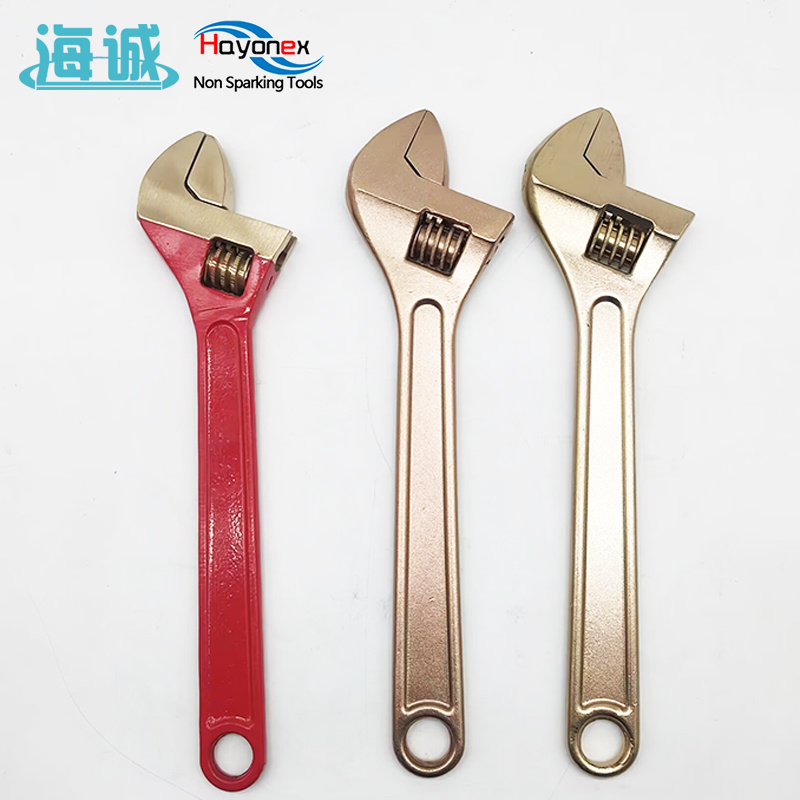Discover Non-Sparking Tools: Safety Meets Efficiency
Release time:
2025-10-14
【Summary】 Explore the benefits of non-sparking tools and why they are essential for safety in hazardous environments.
Understanding Non-Sparking Tools
In the world of industrial work, safety comes first, and that's where non-sparking tools shine. These specialized tools are designed to prevent sparks that could ignite flammable substances in hazardous environments. Imagine working in a chemical plant or during maintenance on an oil rig—it's crucial to have the right tools that won't jeopardize safety.
Why Choose Non-Sparking Tools?
So, why opt for non-sparking tools? Well, let's break it down. First off, they're typically made from materials like brass, bronze, or aluminum. These metals are less likely to produce sparks compared to traditional steel tools. Plus, they come in various shapes and sizes, catering to different job requirements.
Key Benefits of Non-Sparking Tools
- Enhanced Safety: The primary advantage is the reduced risk of igniting flammable materials, making them ideal for petrochemical industries.
- Durability: Non-sparking tools are not only safe but also built to last, resisting wear and tear better than many conventional tools.
- Versatility: From wrenches to hammers, these tools are versatile enough for various applications, whether you're tightening bolts or breaking down barriers.
Who Needs Non-Sparking Tools?
Great question! Non-sparking tools are a must-have for anyone working in potentially explosive environments. This includes:
- Oil and gas industries
- Chemical manufacturing plants
- Mining operations
- Marine applications
If your job involves working near combustible materials, you'll want to make non-sparking tools your new best friends!
How to Choose the Right Non-Sparking Tools
Choosing the right tools might seem daunting, but fear not! Here's a quick guide:
- Assess Your Needs: What tasks will you be performing? Different jobs require different tools.
- Material Matters: Ensure the tools are made from appropriate non-sparking materials like aluminum or copper alloys.
- Check Certifications: Look for tools that meet safety standards relevant to your industry.
By following these steps, you'll be well on your way to ensuring safety without sacrificing efficiency.
Real-World Applications
Let's not just talk the talk; let's walk the walk. Consider a scenario where maintenance personnel are working on a pipeline in an oil refinery. The last thing anyone wants is a spark when they're using tools near volatile substances. Non-sparking tools come in handy here, allowing workers to perform their jobs without a hitch.
Final Thoughts on Non-Sparking Tools
In conclusion, non-sparking tools are not just another set of tools in your toolbox—they're a vital part of a comprehensive safety strategy. By investing in these tools, you ensure a safer work environment, which is always a win-win situation. Remember, safety doesn't take a holiday, so why should your tools?
Ready to Upgrade Your Toolbox?
So, what are you waiting for? If you haven't already, it's high time to explore your options for non-sparking tools. Make the switch today and enjoy peace of mind knowing that you've got safety covered while you tackle those tough jobs!
Key words:
Key words:
Non-sparking tools
Related News















